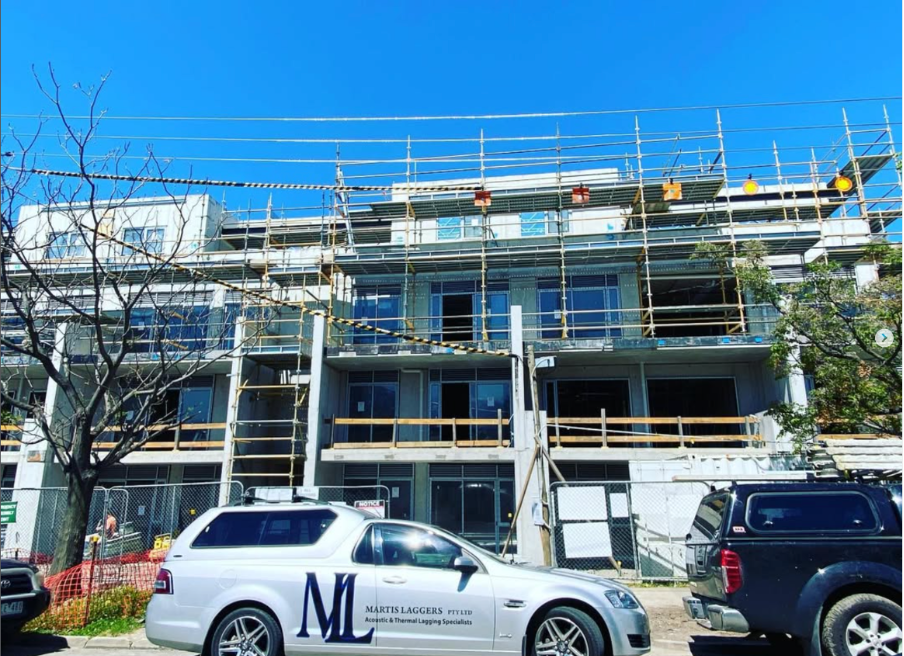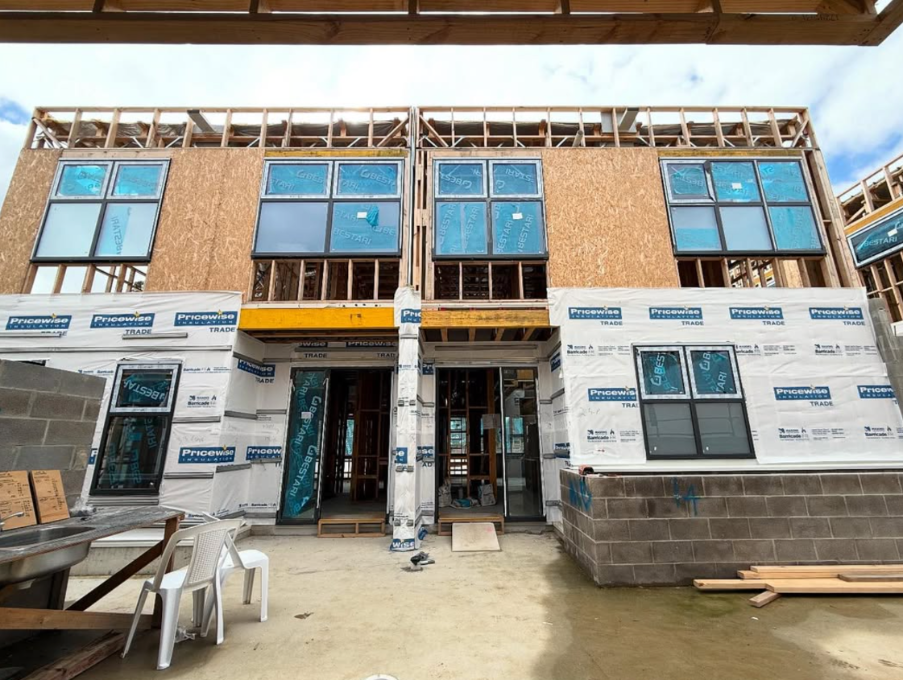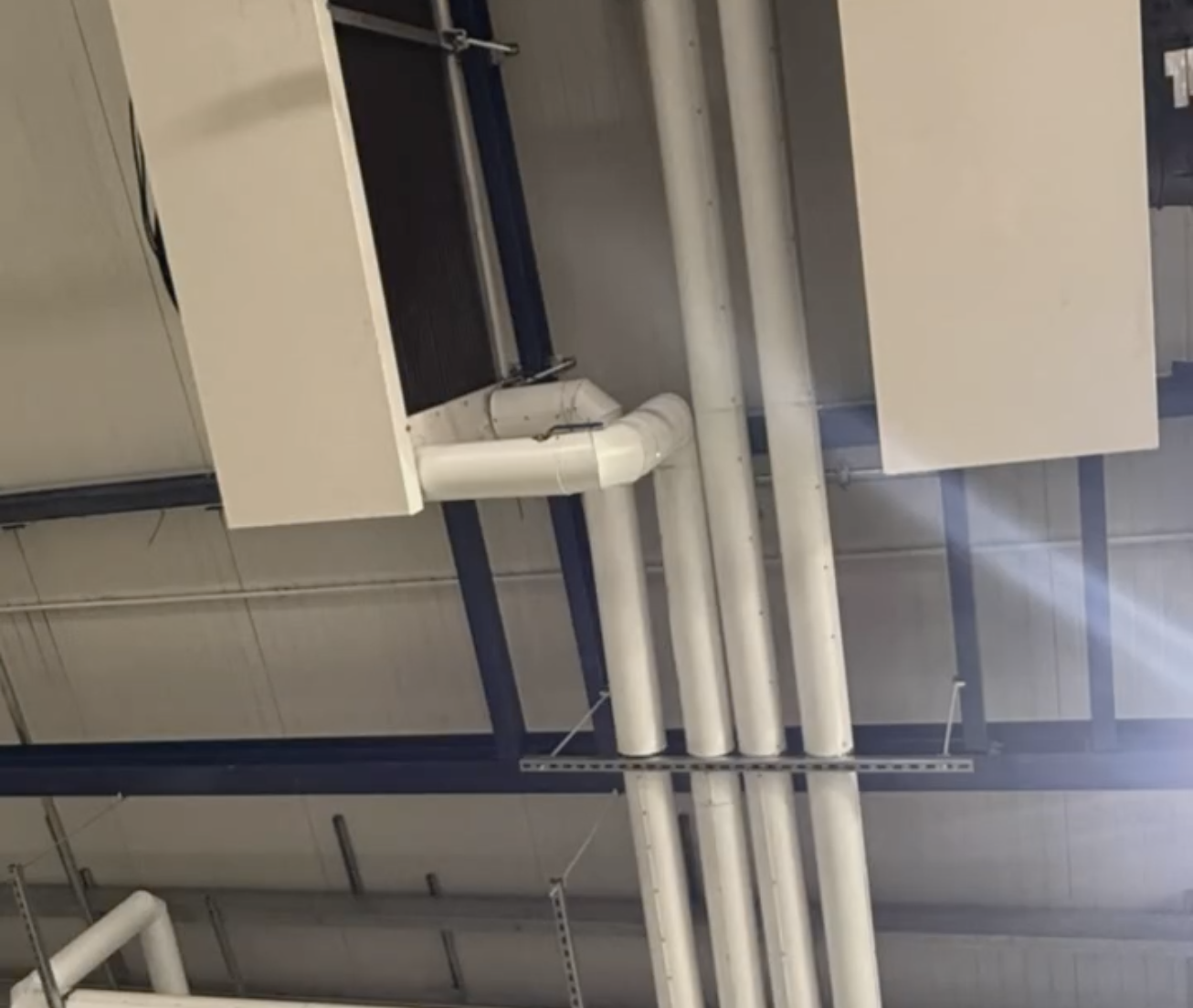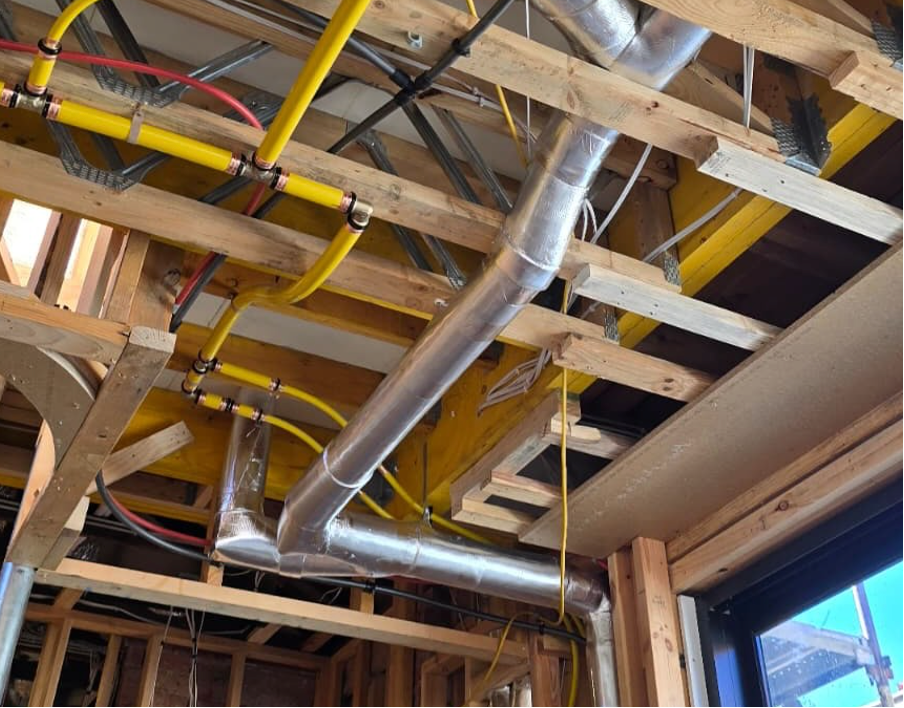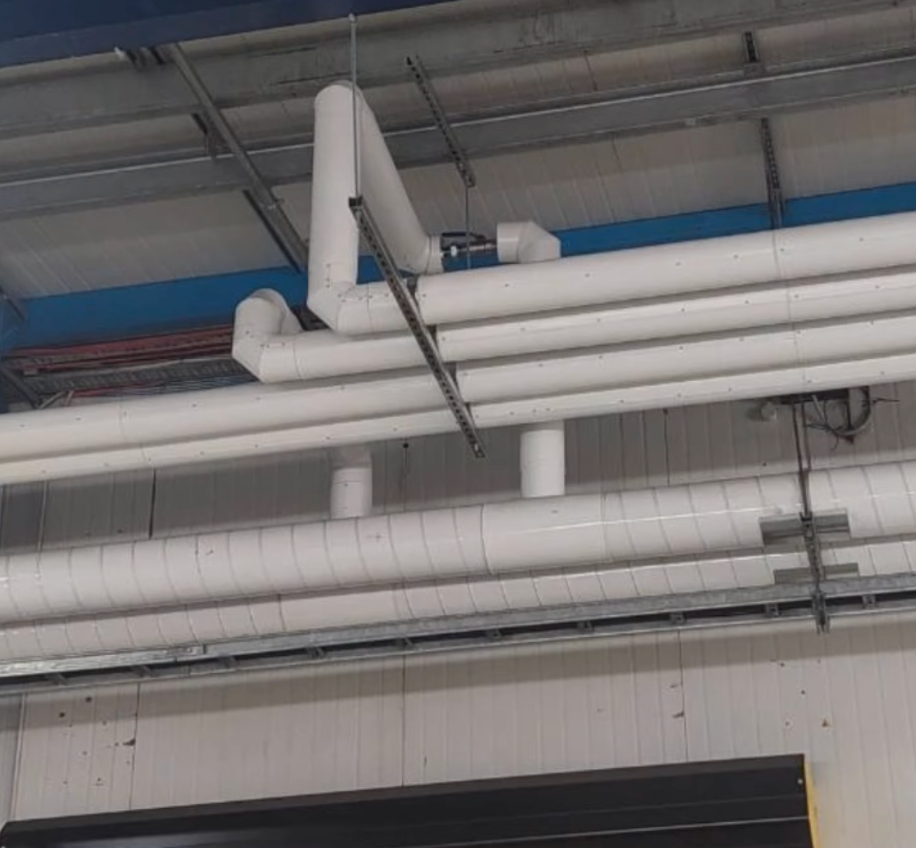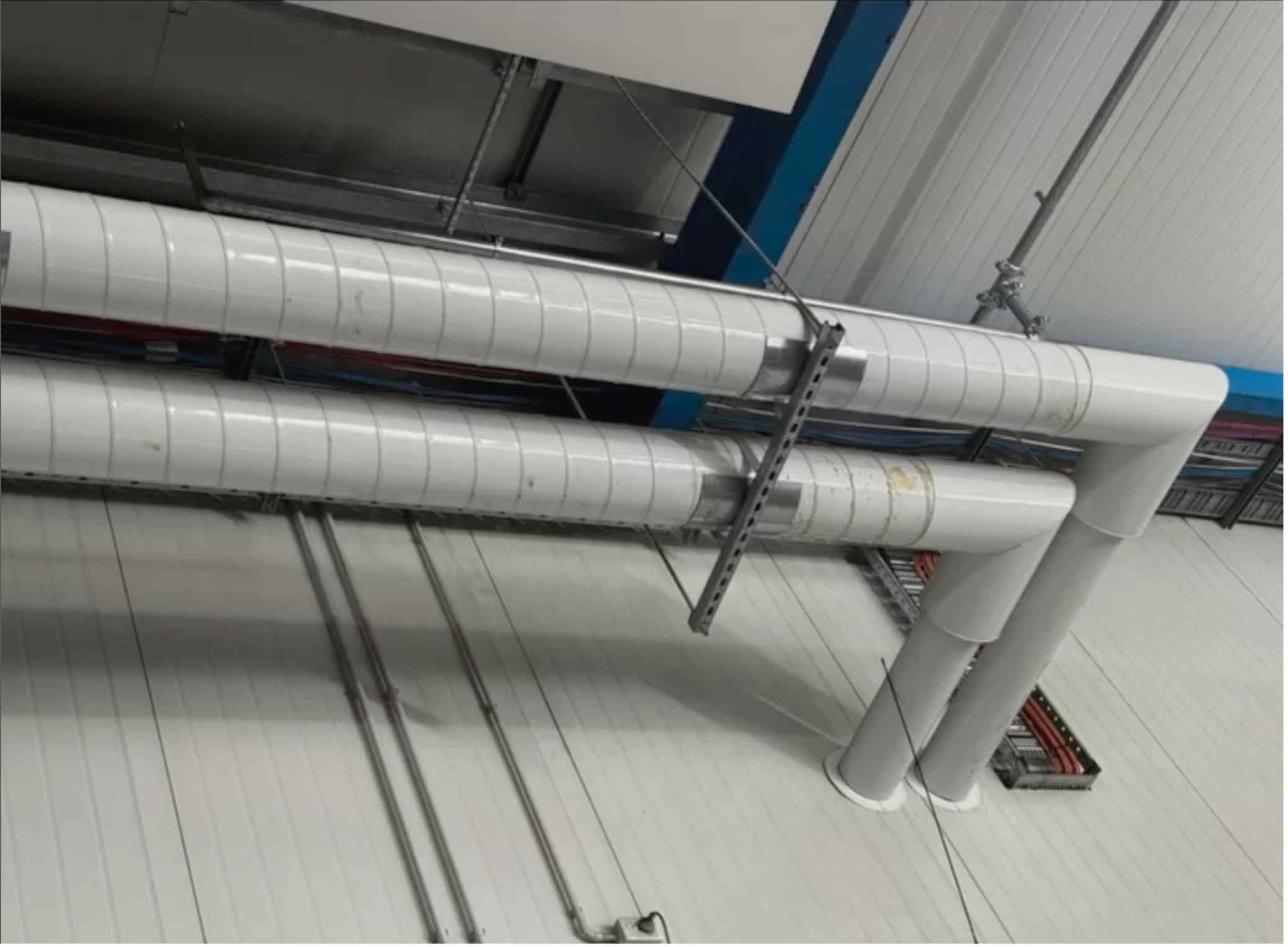The Science Behind Effective Pipe Lagging and Thermal Insulation

When it comes to energy efficiency and reducing utility costs, effective pipe lagging and thermal insulation play a crucial role. Whether you're a homeowner or managing a commercial property in Melbourne, understanding the science behind these practices can help you make informed decisions and ensure your pipes are optimally protected.
What is Pipe Lagging and Thermal Insulation?
Pipe lagging, also known as pipe insulation, involves wrapping pipes with insulating materials to prevent heat loss or gain, protect against freezing, and reduce noise. Thermal insulation extends this concept to various components within a building, ensuring that temperature regulation is maintained efficiently.
How Does It Work in Melbourne?
The primary function of pipe lagging and thermal insulation for a property located in Melbourne is to minimise heat transfer. This is achieved through materials that have low thermal conductivity. Here's a closer look at the science behind this process:
Thermal Conductivity:
Thermal conductivity is a material’s ability to conduct heat. Insulating materials, such as fibreglass, foam, and mineral wool, have low thermal conductivity, meaning they resist the flow of heat. By wrapping pipes in these materials, the rate at which heat escapes or enters the pipes is significantly reduced.
Heat Transfer Mechanisms:
There are three main types of heat transfer: conduction, convection, and radiation. Pipe lagging primarily addresses conduction (direct transfer of heat through materials) and convection (heat transfer through fluid movement, such as air). By providing a barrier, insulation materials limit these processes, keeping the heat within the pipes or preventing external heat from affecting them.
Thermal Resistance (R-Value):
The effectiveness of insulation is often measured by its R-value, which indicates the material’s resistance to heat flow. A higher R-value means better insulating properties. Selecting insulation with an appropriate R-value for your specific application is key to achieving optimal energy efficiency.
Benefits of Effective Pipe Lagging and Thermal Insulation
Energy Efficiency:
Insulated pipes maintain desired temperatures with less energy, reducing the workload on heating and cooling systems. This leads to lower energy consumption and, consequently, lower utility bills.
Preventing Heat Loss and Gain:
During Melbourne’s chilly winters, pipe lagging helps keep hot water hot as it travels through the pipes, reducing the need for additional heating. In summer, it prevents cold water pipes from gaining heat, maintaining cooler water temperatures and reducing cooling costs.
Protection Against Freezing:
Properly insulated pipes are less likely to freeze during cold weather. Frozen pipes can burst, leading to costly repairs and water damage. Insulation acts as a safeguard, maintaining the integrity of your plumbing system.
Noise Reduction:
Lagging can also dampen the noise produced by pipes, especially in multi-storey buildings where water flow can cause significant noise. This results in a quieter, more comfortable living or working environment.
Choosing the Right Insulation
Selecting the right insulation involves considering factors such as pipe material, temperature range, and environmental conditions. Common materials used in Australia include:
Fibreglass: Excellent for high-temperature applications, resistant to moisture.
Foam: Easy to install, suitable for a range of temperatures, and provides good sound insulation.
Mineral Wool: High fire resistance, good thermal and acoustic properties.
Polyethylene: Flexible, moisture-resistant, and ideal for cold and hot water pipes.
Professional Installation
While DIY insulation might seem feasible, professional installation ensures that the right materials and techniques are used. Companies like Martis Laggers in Melbourne specialise in providing tailored pipe lagging and thermal insulation solutions, ensuring your system is both efficient and compliant with Australian standards.
Understanding the science behind pipe lagging and thermal insulation reveals the importance of these practices in maintaining energy efficiency, protecting your plumbing, and enhancing overall comfort. By investing in quality insulation, you not only save on energy costs but also contribute to a sustainable and reliable infrastructure.
For expert advice and professional services in Melbourne, Martis Laggers offers comprehensive solutions to meet all your insulation needs. Whether it’s residential or commercial, their expertise ensures that your pipes are well-protected against the elements, all year round.
Disclaimer
This website is aimed at disseminating information free of charge for the benefit of the public. We do not guarantee, and accept no legal liability whatsoever arising from or connected to, the accuracy, reliability, currency or completeness of any material contained on this website or on any linked site. We recommend that users exercise their own skill and care with respect to their use of this website and that users carefully evaluate the accuracy, completeness and relevance of the material on the website for their purposes. The material on this website is a summary only of the subject matter covered and is not intended to be nor should it be relied on as a substitute for legal or other professional advice. Users should obtain any appropriate professional advice relevant to their particular circumstances. The material on this website may include the views or recommendations of third parties, which do not necessarily reflect the views of ours, or indicate its commitment to a particular course of action.
